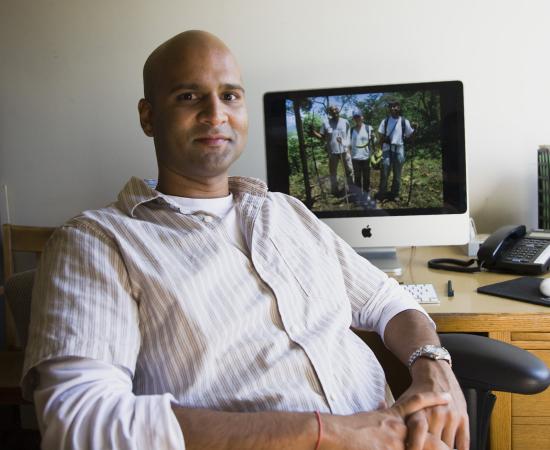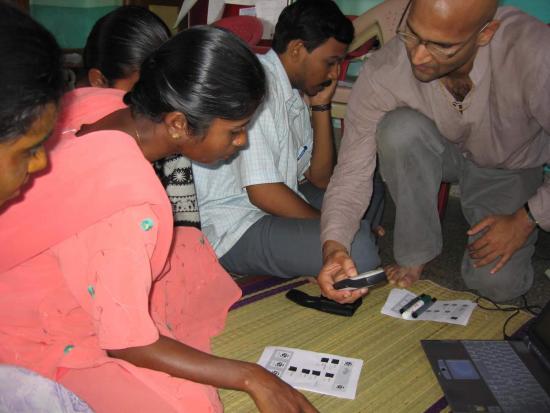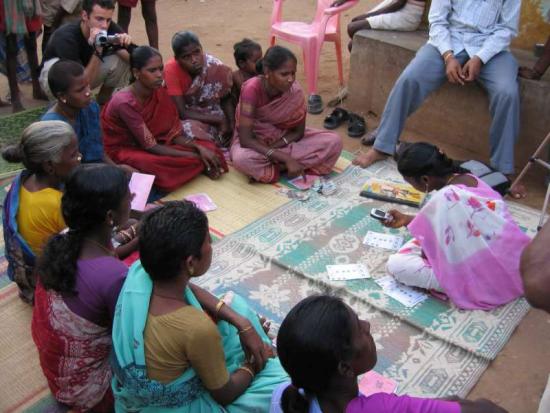The Western Association of Graduate Schools (WAGS) and University Microfilms International (UMI) have awarded the 2008–2009 WAGS/UMI "Innovation in Technology" award to I School assistant professor Tapan Parikh. The award recognizes the innovative application of technology to scholarship in a master’s thesis or to a doctoral dissertation.
Parikh received the award for his doctoral dissertation, "Designing an Architecture for Delivering Mobile Information Services to the Rural Developing World," submitted in 2007 for his Ph.D. in computer science at the University of Washington.
The award was presented at the annual meeting of the Western Association of Graduate Schools, held March 6–8, 2009, in Las Cruces, New Mexico.
For his dissertation, Parikh examined way that mobile phone technology can be used to meet a wide range of information needs in rural developing regions, including microfinance, agriculture, economic development, public health, government, and education. He explained:
"Populations in the rural developing world have just as many, if not more, information needs as people living in more affluent areas. But their constraints — intermittent power, intermittent connectivity, limited education, literacy and capital — make first-world approaches to accessing information systems inapplicable. Mobile phones are on the cusp of spurring an information revolution in such regions."
Parikh developed "CAM", a new application and user interface framework for mobile phones, which provides support for paper-based interaction, multimedia input and output, and intermittent network connection. He developed and evaluated three applications for this framework, to provide accounting and data management services for microfinance groups in India and to improve the efficiency and market access of a small agricultural cooperative in Barillas, Guatemala.
Parikh's current research focuses on the use of computing to support sustainable economic development across the world. He studies how to build appropriate, affordable rural information systems — systems that are accessible to end users, support learning, and reinforce community efforts towards empowerment, economic development and sustainable use of natural resources.












